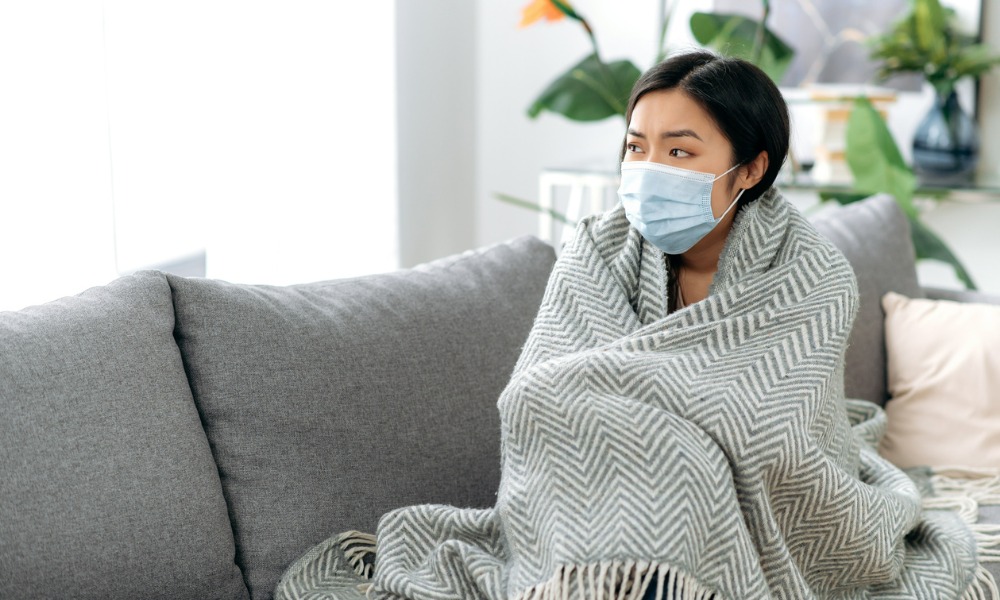
Was applicant exposed to virus on vacation or at work?

In a recent case, a workers’ compensation administrative law judge had to determine, based on substantial medical evidence, whether it was reasonably probable that the claimant contracted COVID-19 as a result of a workplace exposure.
In early 2020, the Department of State Hospitals employed the applicant in the case of Dawson vs. Patton State Hospital; State Compensation Insurance Fund as a dietician at Patton State Hospital in San Bernardino.
The applicant sued her employer for workers’ compensation allegedly based on an industrial injury to her psyche and internal systems in the form of COVID-19, which she said that she contracted while at work.
Read more: Shipping clerk claims injuries, COVID while employed by The Beauty Box
According to the facts in the evidentiary record, the applicant:
The two medical experts in this case disagreed on whether the applicant’s sore throat was the first sign of COVID-19 or was attributable to another cause. The panel qualified medical evaluator said that it was more medically probable that she was infected while in New Orleans, given that she said that she had a sore throat for at least two weeks.
On the other hand, the applicant’s primary treating physician ruled out the New Orleans vacation because the latency period would be too long. Instead, transmission more likely occurred during her trip for union-related activities, the physician said.
The workers’ compensation judge decided that the treating physician’s reasoning was flawed and that his report was not substantial medical evidence. The judge concluded that the applicant did not sustain an injury arising out of and in the course of her employment due to COVID-19. The applicant asked for a reconsideration.
A panel of the Workers’ Compensation Appeals Board of California cancelled the judge’s decision and sent back the case for more proceedings and for development of the record of medical evidence, given the applicant’s testimony about the timing of when her more severe symptoms developed.
On the issue of when the applicant was most likely exposed to the virus, the medical experts based their opinions on the applicant’s symptoms. But the judge focused instead on the date of the positive COVID-19 test and analyzed the latency period in a different way, the panel noted.
The judge failed to base the decision on substantial medical evidence, the panel concluded. The judge should not disregard the medical experts’ opinions regarding matters requiring scientific medical knowledge, the panel stressed.
When the case has been returned to the trial level, the doctors should issue medical opinions about the questions of when the applicant probably developed a COVID-19 infection and whether the applicant was probably exposed to the virus while at work, the panel said.